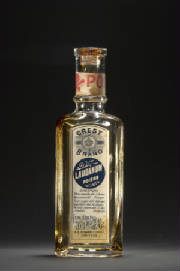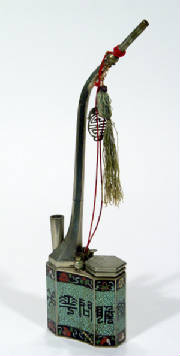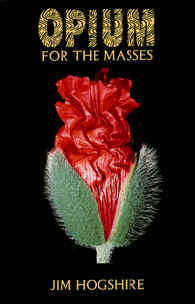|
Samuel was born on October 21, 1772. He lived in the town of Ottery St Mary, Devonshire. Samuels Father had
been a Reverand and was well respected by the community. As the youngest of the family, having ten older siblings, Samuel
was praised and favored by his parents. He suffered constant retaliation from his brothers so Samuel sought refuge in
the library. This is were he discovered his love for poetry.
Samuel lost his father at a young age but he still idealized his father as pious and innocent. His relationship
with his mother was a little more troubleing. He was called an attention seeker. always dependent.
After his fathers death in 1781 he was sent to Christ's Hospital. Samuel was not pleased by this. The school had
a reputation for its unwelcoming atmosphere and strict regimen due to the Rev. James Bowyer, the headmaster.
Coleridge states in his Biographia Literaria " I enjoyed the inestimable advantages of a very sensible, though
at the same time, a very severe master...At the same time we were studying Greek Tradgic Poets he made us read Shakespeare
and Milton lessons."
But it seemed that the headmaster was all he enjoyed. In his poem Frost at Midnight coleridge wrote of
his loneliness and the distance from his family had been a turbulent time.
Later in Life

|
| Opium Poppy |
After the University Samuel and a friend who had introduced him to radical political and theological ideas tried to start
a utopian like society in Pennsylvania. This ended up not working out and Samuel eventually divorced the girl he had
married and left for Nether Stowey, Somerset.
Around this time Samuel started taking Laudanum as a pain reliever for little things like toothaches and facial neuralgia.
Nothing was really known about the affects of opium addiction at the time.
By the early nineteenth century, both Samuel and His good friend William Wordsworth's, who he'd met in Somerset, moved
to Lake District with their families. More and more, as Coleridge's marriage disintegrated, he stayed with the Wordsworths
rather than at home. The whole family, particularly the women in the household, provided copious sympathy and succor. They
had always blamed his difficulties on Sara Coleridge, (Toynton) These years where
very important and the two worked together on their poetry. His opium addiction was growing now and he used about
two quarts of Laudanum a week. This continued for many yearsand his addiction did not allow his happyness to last
in the Lake District. His wife separated with him and he bagan to quarrel with Wordsworth.
Towards the end of his life, with his addiction worsing Samuel took residence in the home of a physician, James Gilman,
Here Samuel composed the Biographia Literaria. This was a volume composed of 23 chapters of autobiographical notes and
dissertations on various subjects, including some very deep literary theory and criticism. He composed a lot
of poetry here and had many inspirations — a few of them from opium overdose.

|
| This ia a bottle of of Laudanum |

|
|
So Samuel had these great projets he concieved but never fineshed. He would get upset with himself for his "indolence"
and many were not sure if his depression was a result or a cuase of his opium addiction
He published poems while living with Gilman, Aids to Reflection (1823), and Church and State (1826) along
with a few others, but he died of a lung dissorder and some heart failure from the opium he was taking

|

